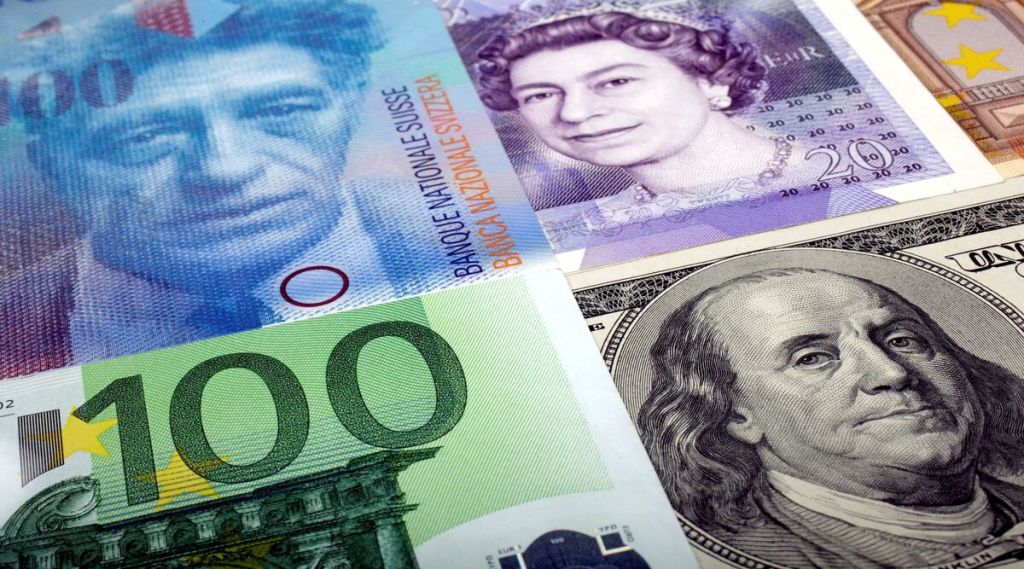Credit Suisse short-term rate strategist Zoltan Pozsar, a former US Federal Reserve and Treasury official, said the current commodity crisis could be as bad as the subprime mortgage crisis of 2008 which caused widespread financial instability around the world. Pozsar said in a note that the crisis is a “perfect storm” anchored by the West, which imposed sanctions on Russian commodities. These flare-ups can give birth to a new monetary order which will weaken the dominance of the US dollar, and lead to higher inflation in the West, he added.
“Every crisis occurs at the intersection of funding and collateral markets and that, in the presently unfolding crisis, commodities are collateral, and more precisely, Russian commodities are like subprime collateral and all other stuff is prime,” Zoltan Pozsar said.
Commodity crisis: A making of the West
Until the Western countries including the United States and Britain imposed sanctions on Russian commodities, global commodities used to trade at par, Pozsar said. But now Russian commodities are collapsing in price while non-Russian commodities are rallying, driven by present and future sanctions-related stigma. “It’s a buyers’ strike. Not a seller’s strike, to make things all the more absurd,” he said in a note this week.
Russia’s invasion of Ukraine, said to be one of the biggest attacks on a European state since World War Two, has created fears of wider conflict between Russia and the Western countries. The United States and its European allies have imposed sanctions on the Russian financial system, its oil and commodities and on some Russian business oligarchs part of President Vladimir Putin’s inner circle. It is a cause of concern as Russia is one of the largest oil and commodity exporters. It is the world’s largest grains and fertilisers exporter and a top producer of commodities such as palladium, coal, nickel and steel.
Can China’s central bank step-in to beat US dollar dominance?
Western central banks would not be able to manage the crisis since it is the crisis that their sovereigns created and China’s central bank may step in to fill the gap. He said PBOC (People’s Bank of China) could either sell US Treasuries to fund the leasing and filling of vessels to clean up subprime Russian commodities. This would help the PBOC control inflation in China, while the West would suffer from commodity shortages, a recession, and higher yields. Conversely PBOC could print yuan to buy Russian commodities. This could break the hegemony of the US dollar and could give birth to a Eurorenminbi market, he said.
“This crisis is not like anything if you believe that the West can craft sanctions that maximize pain for Russia while minimizing financial stability risks and price stability risks in the West, you could also believe in unicorns,” Pozsar said in a note. The world is witnessing the birth of a new monetary order or a Bretton Woods III. “From the Bretton Woods era backed by gold bullion, to Bretton Woods II backed by inside money, to Bretton Woods III backed by outside money (gold bullion and other commodities). After this war is over, “money” will never be the same again… …and Bitcoin (if it still exists then) will probably benefit from all this,” he said.


